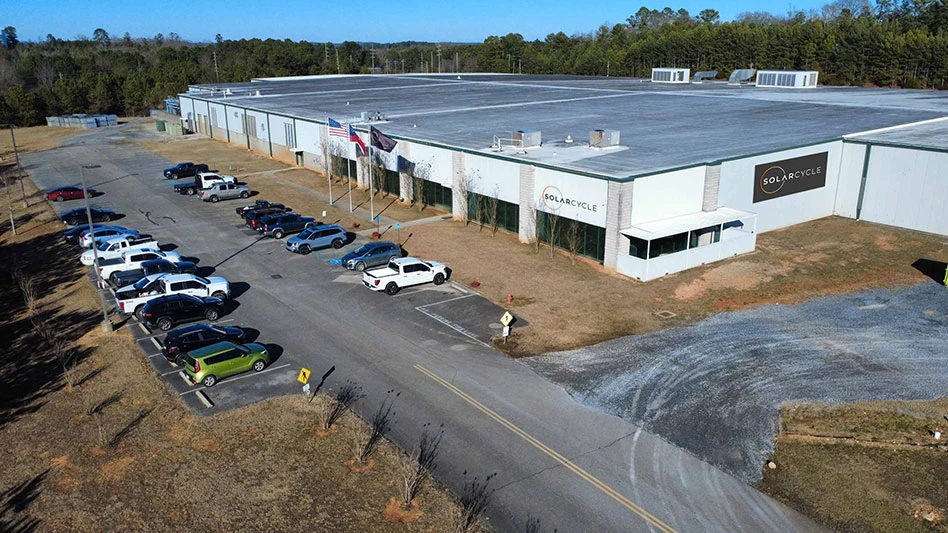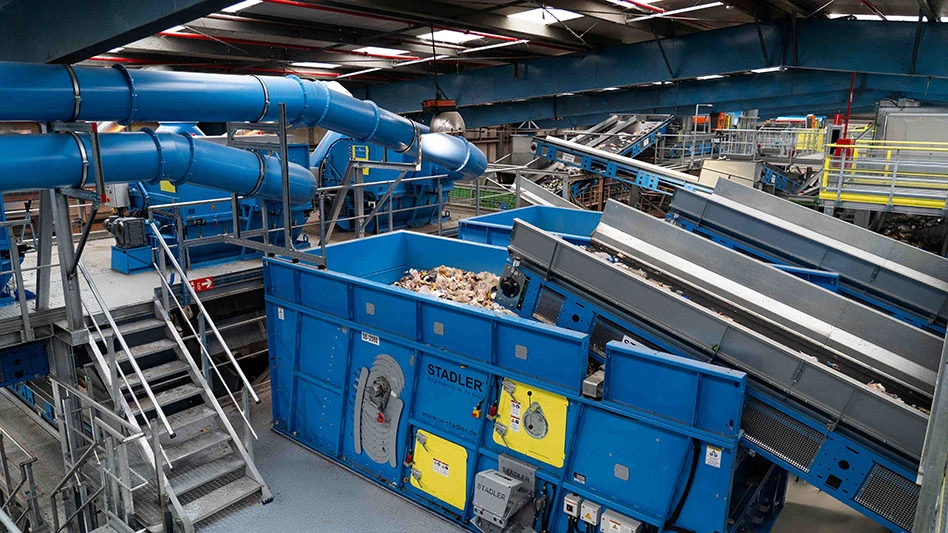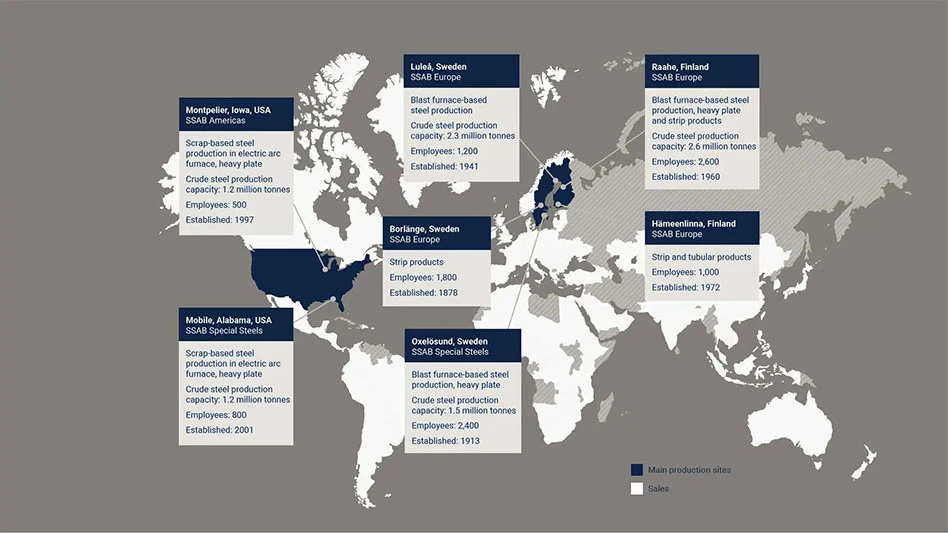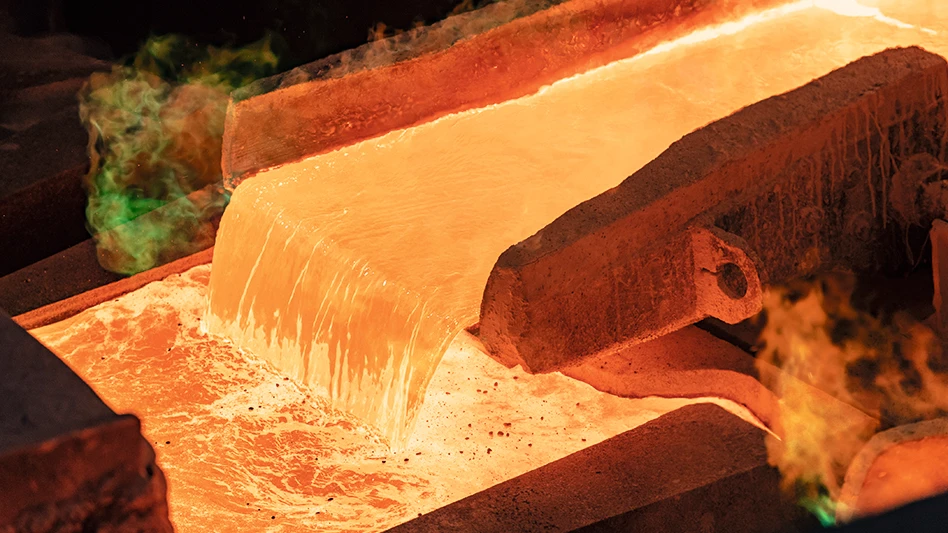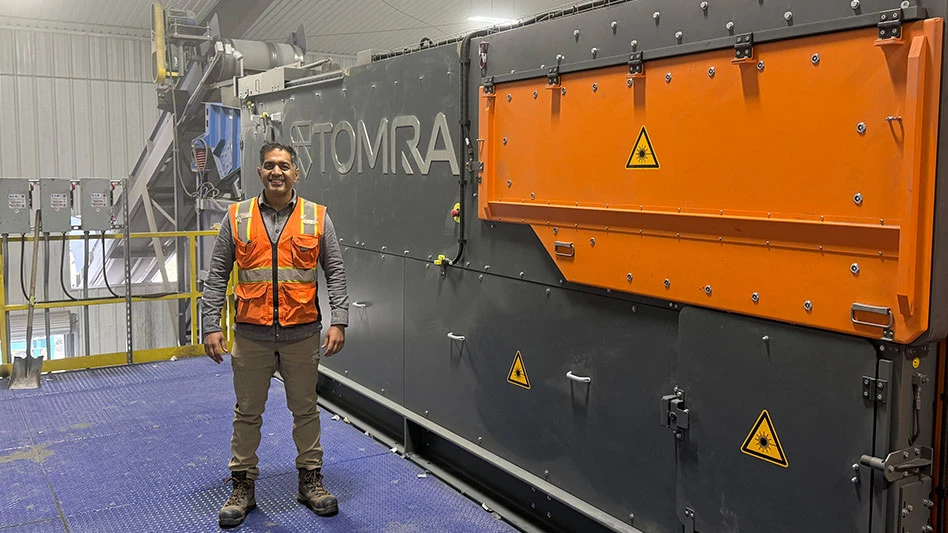
Recycling Today archives
An increasingly tense political climate across the globe, progressively unsteady supply chains and an intensifying weariness toward inter-dependencies, whether amongst nations or industries are some of the key factors contributing to the rise of a new protectionism endorsed by parts of the metal industry.
One big player at the front of such protectionism is the lobby of the European Aluminum association.
In recent years, it repeatedly has promoted trade restrictions. With its rhetoric designed to invoke highly negative viewpoints on what it means to export recycled aluminum, it uses phrasing such as a “raw material drain” to locations abroad by means of “loopholes.” The factual arguments put forward focus on EU industry standards and the alleged lack of these or similar standards in countries outside the EU.
But what is the end game of the lobby of the European Aluminum association? To keep recycled materials in the EU? That is a great way to secure cheap access to raw materials. Because where international competition is eliminated, market prices plummet because of superfluous raw metal.
But what about the costs of putting these trade shackles on the metal recycling industry? They are colossal. And not just for local European metal recycling providers who are cut off from trade lifelines to global industries, and for potential trade partners outside of the EU who are cut off from raw metal access.
Much more importantly though, the costs are colossal for the environment and our planet. How so?
Well, the EU entirely lacks sufficient production capacities to use the exact recycled metals the aluminum lobby seeks to trap within European trade borders.
That means those recycled metals will never be put to use in production, wherever in the world that production may be located. Those metals will thus fail to become part of the circular economy that we and our planet so desperately need to survive our thirst for natural resources.
Just by means of a quick reminder: We currently use twice the number of natural resources that our Earth is capable of reproducing annually.
Frankly, European recycling companies collect, transport, store, finance, process and trade raw materials not just so that European production industries may benefit. We also do this work so that industries beyond the EU gain access to high-quality raw materials for production.
And in the end, we do this work so that we can all achieve the ultimate goal of moving our industries—global industries that is—toward a greener future.
Recycled raw materials reduce the processing industry’s greenhouse gas emissions (GHG) and energy consumption by a staggering 95 percent compared with primary production.
This is of course true no matter where this recycled raw material is processed. If climate change does not stop at national borders, why should trade in recycled raw materials?
It’s a fallacy to believe that restricted global trade will automatically and magically result in a better circular economy. In fact, a diminished market with lesser capacities results in less recycling.
Metal trade ensures all qualities of raw materials are processed and get to wherever they are needed at the time. If they are needed in the EU, all the better! Not a single recycler would complain about lower logistics costs. And we do believe the processing industry would benefit from support. We in fact look forward to growth in the “green” aluminum and copper sector.
But right now – and for a long foreseeable future – free trade beyond the EU does not cost the EU raw materials it would otherwise need or even want. Not yet. Not in view of the current production capacities or, rather, lack thereof. However, such free trade guarantees that raw materials make part of the circular economy.
Latest from Recycling Today
- Flexible Film Recycling Alliance report outlines progress
- RERF opens Avagliano award nominations
- Eriez expands European sales network
- Gränges increases sales volume in 2025
- Aduro selects Netherlands as site for industrial scale-up facility
- Nasco-Op declares dividend
- Cyclic Materials announces plans for South Carolina campus
- WM reports revenue, earnings growth in Q4 and full-year 2025
